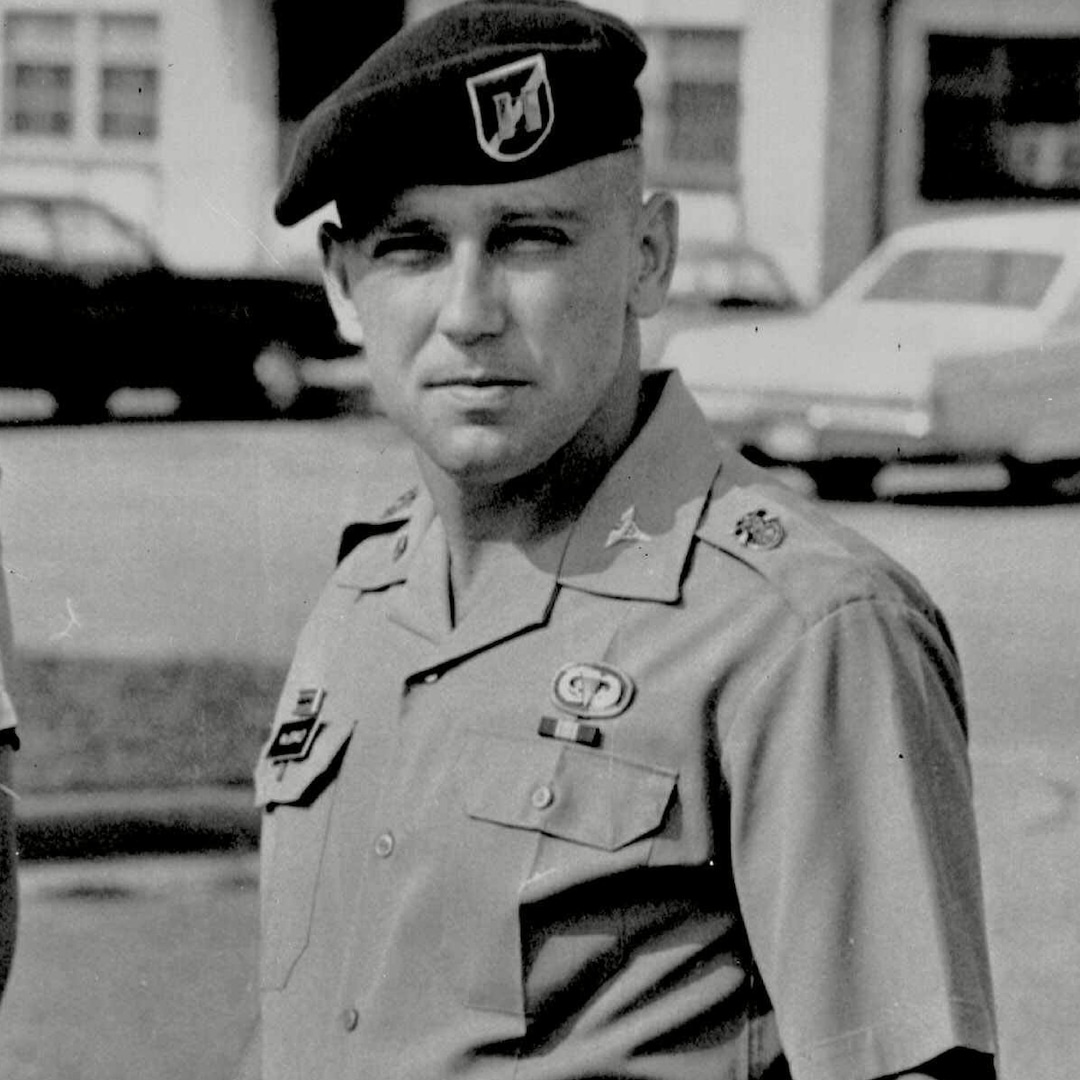The series A Wilderness of Error doesn’t follow Morris’ original storytelling to the letter, instead lending more credence to MacDonald’s perfectly plausible guilt. There is also a companion podcast, Morally Indefensible, that delves into Fatal Vision and the coverage of the case (or, with regard to Janet Malcolm’s book, the coverage of the coverage of the case).
Series producer and director Marc Smerling told the Globe, “Jeffrey is such an unlikely killer. I think that’s what’s kept this story alive for so long.” And unlike Morris, it doesn’t sound as if he rested too many eggs in the Stoeckley-confession basket.
“There are a lot of contradictions in her story I think that really challenge her credibility,” Smerling, the Oscar-nominated producer of Capturing the Friedmans and a producer on HBO’s Robert Durst series The Jinx, said.
But if the timing seems a little random (it’s the 50th anniversary year of the killings, but eight years since the book came out), Morris said the overall themes are as vital as ever.
“It’s a fascinating case for me because it’s almost a philosophical essay on the nature of investigation and the nature of truth,” he told the Globe. “These themes are so relevant. The whole country is wrestling with [the concept of] narrative versus truth right now.”
Smerling told IndieWire, “Murder stories are particularly spiky. If there’s a story…that sort of transcends the murder itself, that’s about a bigger subject matter—for example, storytelling and how it affects reality.” But while they are, in fact, telling a story and people may draw their conclusions, the ultimate purpose of A Wilderness of Error is simply to deliver more facts into the conversation.
“As a storyteller you’re making decisions that are leading the viewer in a direction, no matter how you cut it,” Smerling acknowledged. But, “in the last, shall I say four or five years, our media outlets and the institutions of journalism have become more polarized. And a lot of what should be on editorial pages [are] slipping onto the front pages. If you want to be able to think for yourself, you’ve got to be a better consumer.”
